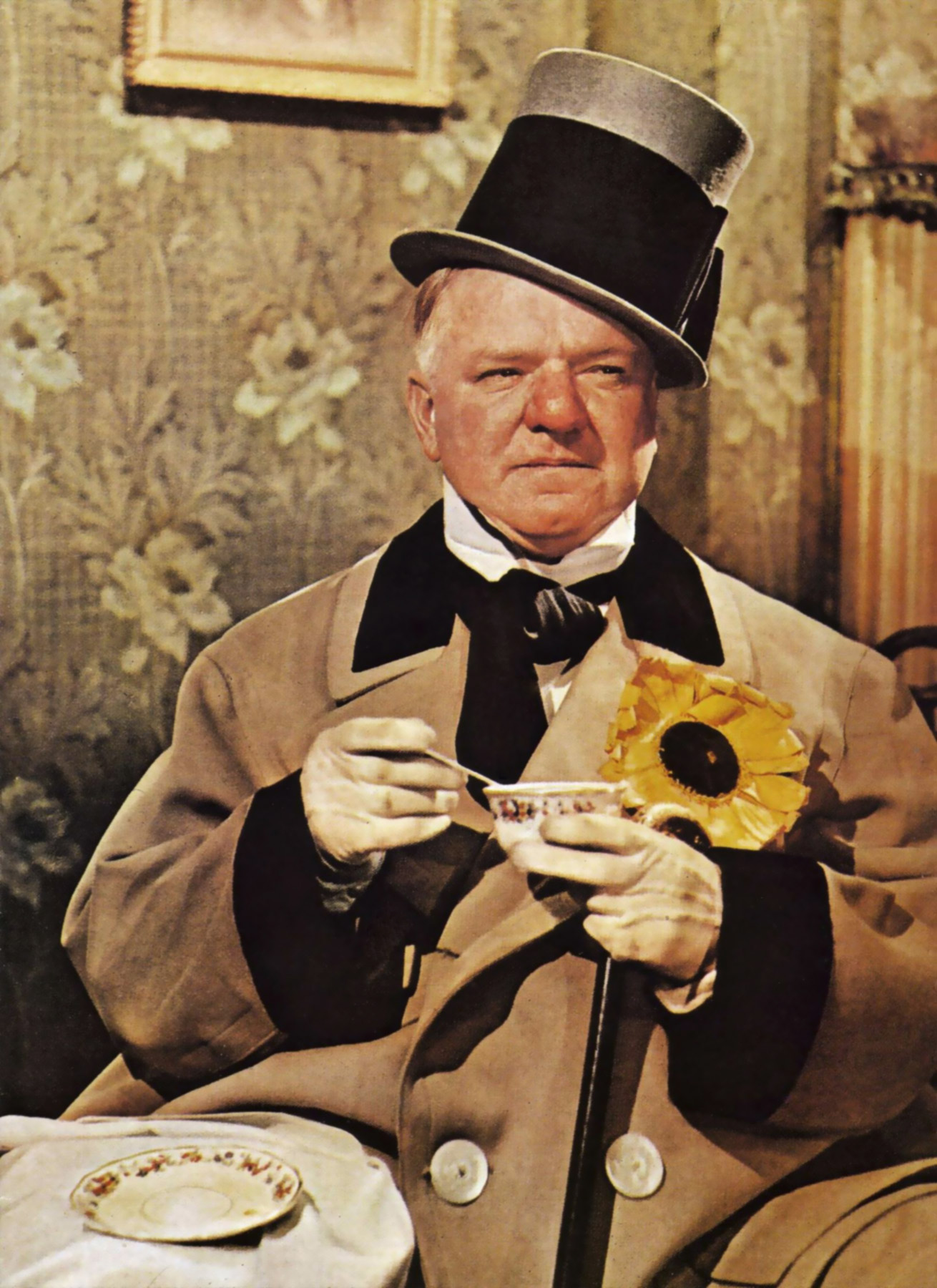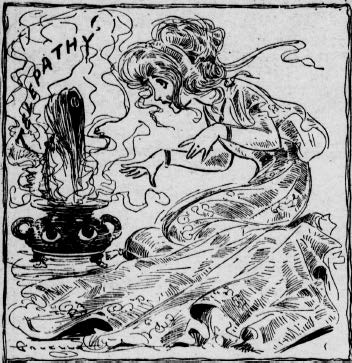The precursor to the "war on drugs":
~ H. L. Mencken (1880-1956) (A Book of Burlesques, "Sententiae")
Abstainer, n. A weak person who yields to the temptation of denying himself a pleasure. A total abstainer is one who abstains from everything but abstention, and especially inactivity in the affairs of others.
~ Ambrose Bierce (1842-1914?) (The Devil's Dictionary)
Prohibition will work great injury to the cause of temperance. It is a species of intemperance within itself, for it goes beyond the bounds of reason in that it attempts to control a man's appetite by legislation, and makes a crime out of things that are not crimes. A Prohibition law strikes a blow at the very principles upon which our government was founded.
~ Abraham Lincoln (1809-1865) (speech, 18 December 1840 to the U.S. House of Representatives)
The prohibition law, written for weaklings and derelicts, has divided the nation, like Gaul, into three parts - wets, drys, and hypocrites.
~ Florence Sabin (1871-1953) (speech, 9 December 1931)
Once, during Prohibition, I was forced to live for days on nothing but food and water.
~ W. C. Fields (1880-1946) (attributed)
Prohibition (wiki) began on January 16, 1920, which was the effective date of the 18th amendment to the U.S. Constitution: it was a national ban on the sale, manufacture, and transportation of alcoholic beverages in the United States. An outgrowth of the temperance movement, which had been gathering momentum during the entire 19th century, Prohibition got a final impetus from World War I, which prompted the Congress to pass the 18th amendment in December 1917.* Ratification (by 36 of the 48 states) came on 16 January 1919, and the Volstead Act implemented the measure a year later.**
Prohibition - highly unpopular - was only weakly enforced by the federal government, and thousands of "speakeasies" - many controlled by organized crime - quickly appeared to satisfy the nation's thirst. The illegal importation and distribution of booze soon became a major source of income for "the Mob" and led to the infamous gang wars of the late 1920s and early 1930s.
Several states had banned alcohol prior to the federal ban, and in Illinois there was an organized attempt by a group of women to use telepathy to influence the outcome of local votes: the Temperance Thinkers mobilized some 500,000 women to dress all in white and to direct thought waves at voters. “Women arrayed in white will assemble at the polls,” described one paper, “and by concentrated mental effort endeavor to influence the men."
On December 5th, 1933, prohibition in the United States of America came to an end with the ratification of the 21st Amendment***. After 13 years, the country's attempt to ban the booze had ended.
The video below shows a newsreel from the time, documenting the 'happy news for the grain raisers of the United States and for many others throughout the land'. I like this quote: "The problems with legislating morality soon became abundantly clear":
* N.B. To save grain for the war effort, a temporary prohibition measure was enacted just after the Armistice and went into force in July 1919. More over, the discrediting by the war of the large German-American community, strong objectors to Prohibition, diminished the opposition. Similarly, it has also been claimed that the absence of a large proportion of American men - serving in France - had a significant effect.
** Named for Minnesota representative Andrew Volstead (1860-1947), the act defined the alcoholic products affected, stated enforcement procedures, and set out the penalties for violation. It was passed over President Wilson's veto.
In the 21st Amendment Congress gave individual states the right to regulate alcohol as they saw fit, a move that created a dazzling array of confusing alcohol control laws under seemingly arbitrary regulatory agencies.
In the 21st Amendment Congress gave individual states the right to regulate alcohol as they saw fit, a move that created a dazzling array of confusing alcohol control laws under seemingly arbitrary regulatory agencies.
"I do not think the state has any more right to tell me what to put in my mouth than it has to tell me what can come out of my mouth. Those two are essentially the same thing, and they are both essential elements of freedom."
My maternal grandmother was the president of the Poughkeepsie, NY chapter of the Women's Christian Temperance Union (WCTU) - there were 4 members and they met monthly (or thereabouts). Her four sons tried many times over her life to sneak a few drops of something into her lemonade or iced tea, but as far as I know they never succeeded and she went to her grave never having had alcohol pass her lips.
Related:
Winston Churchill's Doctor's Note Allowing Him to Drink "Unlimited" Alcohol in Prohibition America.




Actually, the most effective way to extirpate something is for the consciously superior people to promote it vigorously.
ReplyDelete
ReplyDeleteMarvelous, what a blog it is! This website provides valuable facts to us, keep it up.